Human PapillomaVirus (HPV) is an infection that does not always give characteristic symptoms. Many people do not realize that the problem applies to them and that they can pass the virus to others. What are the most common signs of the infection? How do we treat and prevent it?
Human papillomavirus (HPV)is transmitted by skin-to-skin genital contact – full sexual intercourse is unnecessary for infection. Unlike most sexually transmitted diseases, using a condom does not protect against infection – it only reduces the risk.
There are over 100 strains of HPV. Typically, the immune system fights off most strains, and they do not cause any severe symptoms. Nevertheless, some strains can cause warts on the hands, feet, or around the genitals, mouth, and throat. These strains are known as low-risk viruses. However, there are high-risk strains that can potentially lead to cancer in the cervix, throat, vulva, vagina, penis, anus, mouth, or tonsils in the future.
Many reasons may increase the risk of HPV infection. These include:
If you discover any disturbing signs of an infection – visit your doctor.
The symptoms of HPV infection![]() depend on the type of the virus. In total, there are over 100 strains of HPV. Some are harmless to health, causing only unsightly skin changes, so-called warts, but some have oncogenic properties (causing cancer
depend on the type of the virus. In total, there are over 100 strains of HPV. Some are harmless to health, causing only unsightly skin changes, so-called warts, but some have oncogenic properties (causing cancer![]() ). This means that they cause carcinogenetic changes (the beginning of cancer formation, most often cervical cancer) in the squamous epithelial cells of the cervix, leading to cancer.
). This means that they cause carcinogenetic changes (the beginning of cancer formation, most often cervical cancer) in the squamous epithelial cells of the cervix, leading to cancer.
The body's natural defense response may also cause HPV infection symptoms. The virus enters the multilayer epithelium and is more harmful when the structure of the epithelium has been compromised. It infects cells, but in most people, natural antibodies (our immune system) can defeat it in the next two years. Then, HPV may not cause any symptoms. However, a weaker immune system may not fight it at all.
The first symptoms that can be seen are related to skin lesions. Contrary to appearances, they are the least bothersome because they are formed after infection with a low-oncogenic strain of the human papillomavirus. These are usually genital warts![]() . They appear in intimate places, such as the labia, groin, or anus, from a few weeks to several months after infection with HPV. They are also less common in the mouth and throat.
. They appear in intimate places, such as the labia, groin, or anus, from a few weeks to several months after infection with HPV. They are also less common in the mouth and throat.
Although warts and genital warts are not life-threatening, they are unsightly and cause discomfort – they can bleed and scar. They come in various sizes and cauliflower shapes. They should be laser removed or frozen.
Some HPV symptoms can mimic other types of infection, so be vigilant. For example, warts in the larynx cause sore throat, hoarseness, coughing, and difficulty swallowing. If you experience symptoms resembling those of a cold or flu that persist for an extended period – visit a specialist for human papillomavirus (HPV) infection testing.
The symptoms of HPV infection, when you suspect infection with the human papillomavirus of the high-oncogenic variety, occur much later and, unfortunately, often concern cervical cancer![]() development. It can develop even up to 10 years after infection.
development. It can develop even up to 10 years after infection.
The symptoms include:
Contrary to popular belief, oncogenic epithelial changes caused by long-term HPV infection affect not only the cervix, vagina, or vulva – but also the anus, throat, larynx, tongue, or neck.
If the virus infects the throat![]() , it can give you signs like:
, it can give you signs like:
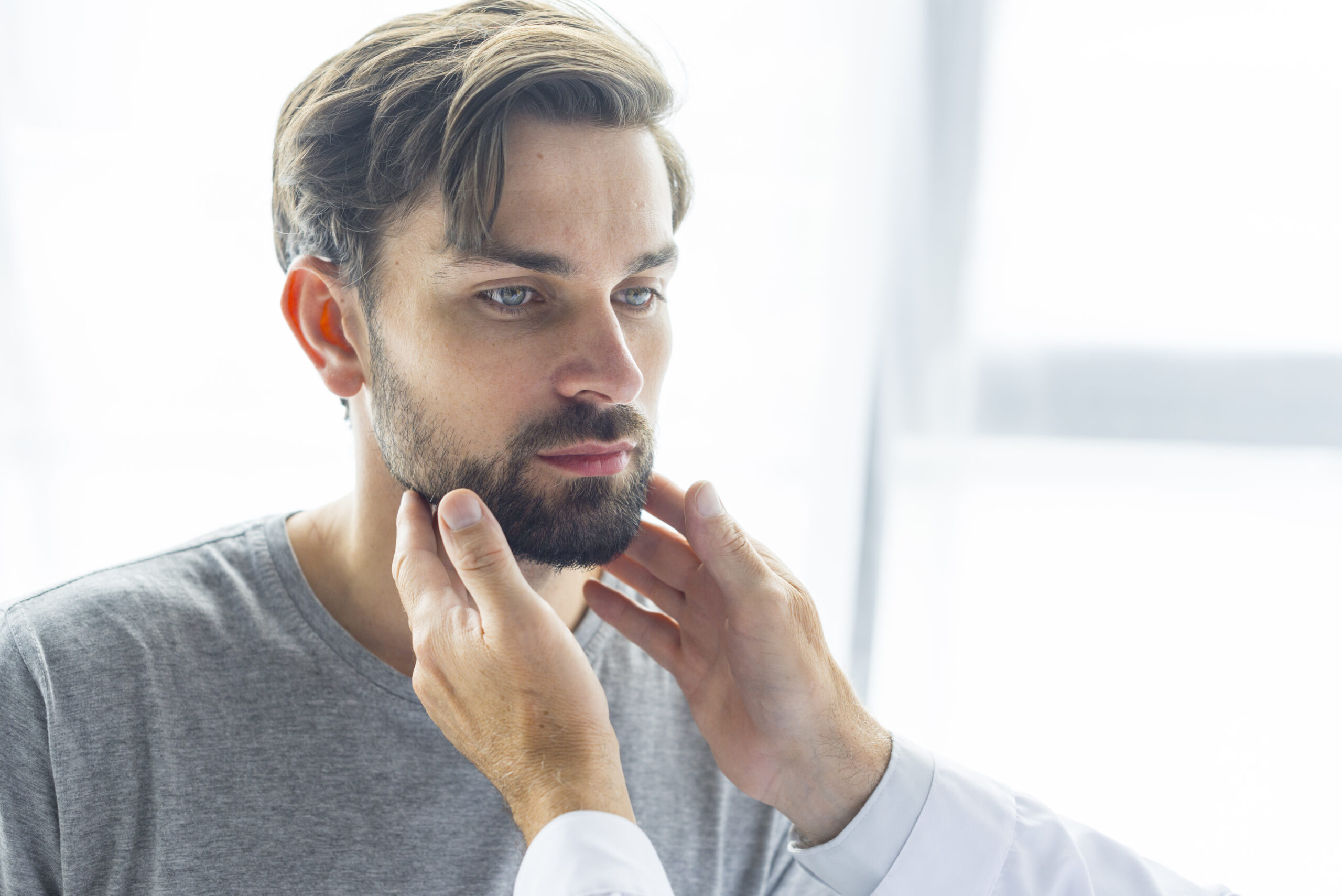
As previously mentioned, with HPV, symptoms may not always be present![]() . Just as not all virus strains are highly oncogenic, not all cause symptoms. This does not mean that the virus is not dangerous. On the contrary, it can be more wreaking hidden havoc in the body and being transferred to subsequent, unaware sexual partners.
. Just as not all virus strains are highly oncogenic, not all cause symptoms. This does not mean that the virus is not dangerous. On the contrary, it can be more wreaking hidden havoc in the body and being transferred to subsequent, unaware sexual partners.
Persistent, unrecognized HPV infection lasting 7-10 years can lead to the development of cervical cancer. Fortunately, the disease develops slowly, so there is a long time to perform tests.
Many diseases can be caused by the virus, including the most dangerous head and neck cancers![]() in men. Infections in men are often asymptomatic until the disease progresses.
in men. Infections in men are often asymptomatic until the disease progresses.
Infections with HPV are usually causing: warts of the respiratory tract and cancer of the oral cavity, salivary glands, conjunctiva, larynx, esophagus, and anal cancer. Genital warts such as condylomas acuminate, flat warts, giant warts, and penile cancer may also occur in the genital area.
HPV is most commonly associated with cervical cancer. Indeed, long-term observations show that almost 100% of diagnosed cases of this cancer are related to infection with high-oncogenic HPV variants. The virus also causes vulvar and vaginal cancer in women. Regardless, women are also at risk for all other HPV-related diseases.
We don't have enough scientific data to state that women infected with every type of HPV can have problems with natural pregnancy![]() and carrying it to term and that HPV may interfere with in vitro fertilization in both female and male patients. It all depends on the individual medical situation of the patients.
and carrying it to term and that HPV may interfere with in vitro fertilization in both female and male patients. It all depends on the individual medical situation of the patients.
Pregnant HPV-infected patients with oncogenic risk should be under the care of a gynecologist – during pregnancy, the risk of developing changes in the cervix increases.
Pregnant women with genital warts have a low risk of transmitting HPV to their babies during vaginal delivery. Cesarean section should be performed only when diagnosing giant condyloma acuminata, which may be an obstacle to delivery.
The HPV virus is transmitted sexually through sexual contact, but its presence is also noted in the oral cavity, giving several characteristic symptoms. They may occur on the tongue, soft palate, and lips' tonsils or mucous membrane.
The appearance of changes allows you to perform a test![]() that you can do at home thanks to convenient swab collection kits. Just collect material from the mucous membrane of the throat or inside of the cheek.
that you can do at home thanks to convenient swab collection kits. Just collect material from the mucous membrane of the throat or inside of the cheek.
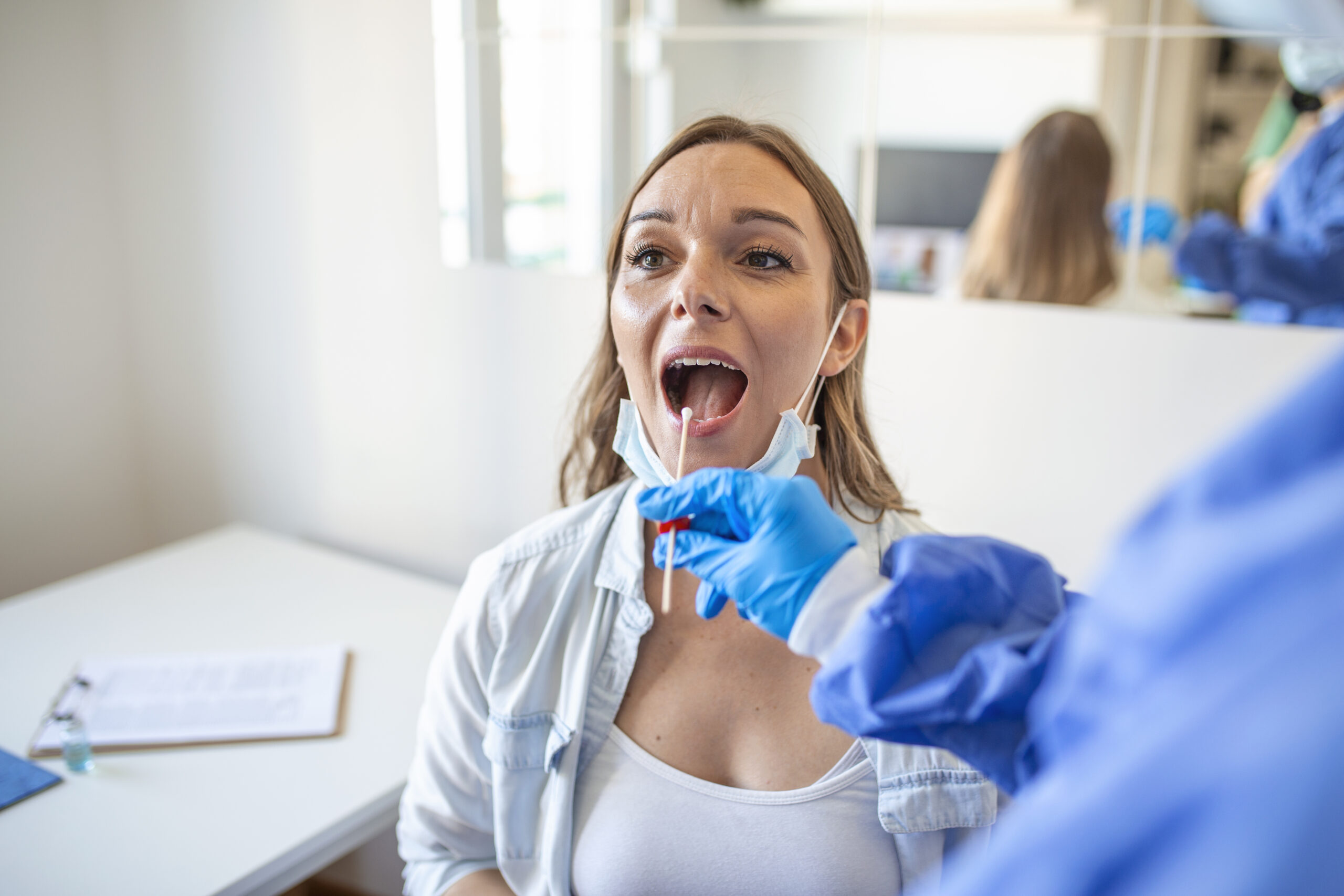
Perform the test according to the information in the package's description to ensure the result is reliable. The result depends on the quality of the sample and the amount of virus genetic material in it that is submitted for testing.
A person should perform the test with appropriate knowledge and medical qualifications. The material is taken directly from the cervix.
Please note that you need to prepare for the test. The sample should not be collected during menstrual bleeding. In addition, a woman should refrain from sexual intercourse at least 24 hours before the scheduled examination. It is also significant to limit hygiene and care activities in the genital area. For example, do not use any vaginal medications or external ointments 48 hours before the swab collection, as this could affect the reliability of the test.
In the case of HPV infection in men![]() affecting the male genitals, the diagnosis involves taking a sample for testing directly from the penis or urethra. Performing a smear is possible at home. The patient receives a specially prepared collection kit. It must be prepared strictly according to the instructions in the manual because it guarantees that the result will be reliable.
affecting the male genitals, the diagnosis involves taking a sample for testing directly from the penis or urethra. Performing a smear is possible at home. The patient receives a specially prepared collection kit. It must be prepared strictly according to the instructions in the manual because it guarantees that the result will be reliable.
If the patient is infected with HPV, the specialist determines the genotypes of the virus. On their basis, the doctor concludes the need to introduce appropriate treatment, especially if high-oncogenic types of papilloma, which pose a high risk of cancer, have been detected.
Treatment of warts caused by HPV infection is a time-consuming process. Currently, there are many methods to eliminate them. The choice of the appropriate one depends on the number of lesions and their placement. Warts are with prescription medications![]() . Another popular way to remove them is curettage
. Another popular way to remove them is curettage![]() , laser burning
, laser burning![]() , or freezing with liquid nitrogen
, or freezing with liquid nitrogen![]() .
.
Surgery may be necessary to remove precancerous cells caused by high-risk HPV. Depending on the clinical situation and the result of the histopathological examination, the doctor may order the LEEP procedure![]() – the removal of a fragment of the cervix and submission of the collected material for histopathological examination. If cancer is detected, the scope of the operation and possible further treatment should occur in a gynecological oncology clinic.
– the removal of a fragment of the cervix and submission of the collected material for histopathological examination. If cancer is detected, the scope of the operation and possible further treatment should occur in a gynecological oncology clinic.
In most cases, HPV infection goes away on its own. Sometimes, HPV causes symptoms in the form of skin lesions. If left untreated, complications can arise.
Possible complications![]() of HPV infection:
of HPV infection:
To effectively defend against low-risk HPV infection, you should avoid direct contact![]() with an infected person with visible warts on the skin. Particular attention should be paid to hand hygiene
with an infected person with visible warts on the skin. Particular attention should be paid to hand hygiene![]() . You should also wear protective footwear in swimming pools and locker rooms, in saunas, at the gym, or in the shower in hotels.
. You should also wear protective footwear in swimming pools and locker rooms, in saunas, at the gym, or in the shower in hotels.
To prevent sexually transmitted HPV, you must practice safe sex![]() . More sexual partners and unprotected intercourse increase the risk of infection. A suitable method, recommended especially for young people who have not yet started sexual intercourse, is to take the vaccine. It protects against the most oncogenic types of the virus and others that can cause precancerous changes or the formation of genital warts.
. More sexual partners and unprotected intercourse increase the risk of infection. A suitable method, recommended especially for young people who have not yet started sexual intercourse, is to take the vaccine. It protects against the most oncogenic types of the virus and others that can cause precancerous changes or the formation of genital warts.
As mentioned above, treating neoplastic lesions caused by HPV infection can be highly invasive. Therefore, vaccination![]() as a prophylaxis against many virus types is a better solution.
as a prophylaxis against many virus types is a better solution.
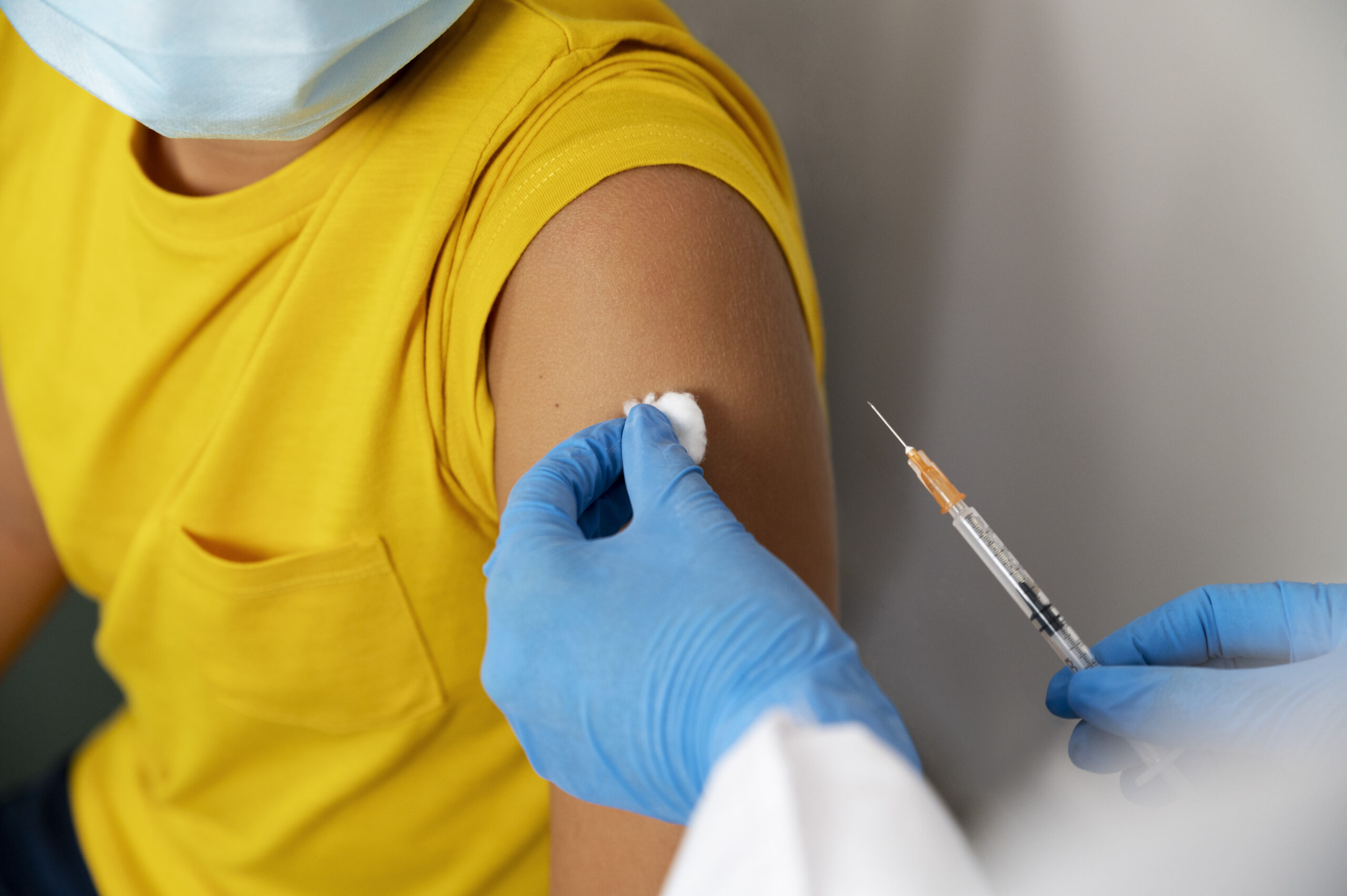
The administration of the HPV vaccine activates the humoral response of the immune system. This means that the body produces antibodies to neutralize specific types of HPV, triggering an immune response that protects against the development of active infection and dysplastic changes preceding the cancer process.
The human papillomavaccine is not mandatory in most countries. However, vaccination is recommended. There are three types of vaccines![]() :
:
Talking to your doctor about selecting the appropriate vaccine is crucial, as each is very efficient. The vaccines require two or three doses, with no more than a year gap between the first and last dose. Each vaccine comes with a comprehensive dosing plan in the package insert. Booster doses are unnecessary since HPV antibodies remain active in the bloodstream for an extended period following vaccination.
Due to the route of HPV infection, vaccination should be performed in the first place in people who have not started sexual intercourse. Therefore, girls and boys should be vaccinated from 9 to 14.
Starting sexual intercourse does not preclude the possibility of vaccination against HPV. Vaccination against HPV is also recommended for adults up to 26 years of age who have not been previously vaccinated and for people between 27 and 45 years of age who, according to a medical opinion, will benefit from the vaccination.
The results of many years of research show that the most significant effectiveness in cancer prevention is achieved by the vaccine administered to a group of sexually inactive teenagers.
Table of Contents
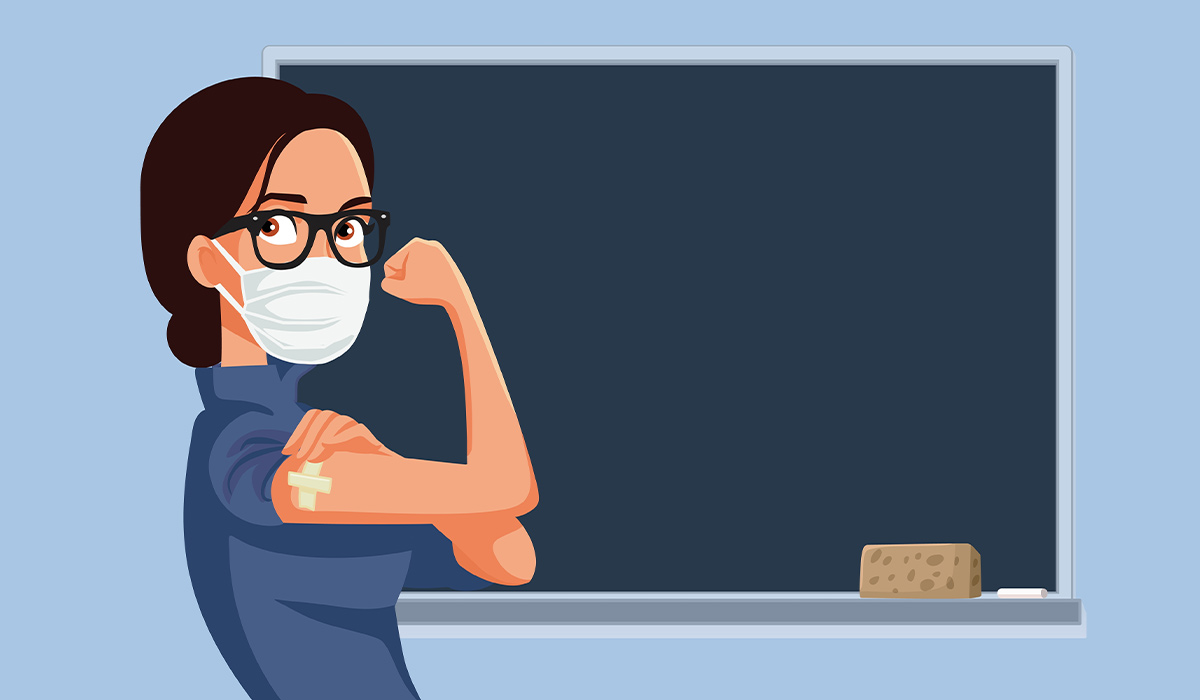
Human papillomavirus infection is one of the most common viral infections, mainly sexually transmitted. It can cause cancer. Check the… read more »
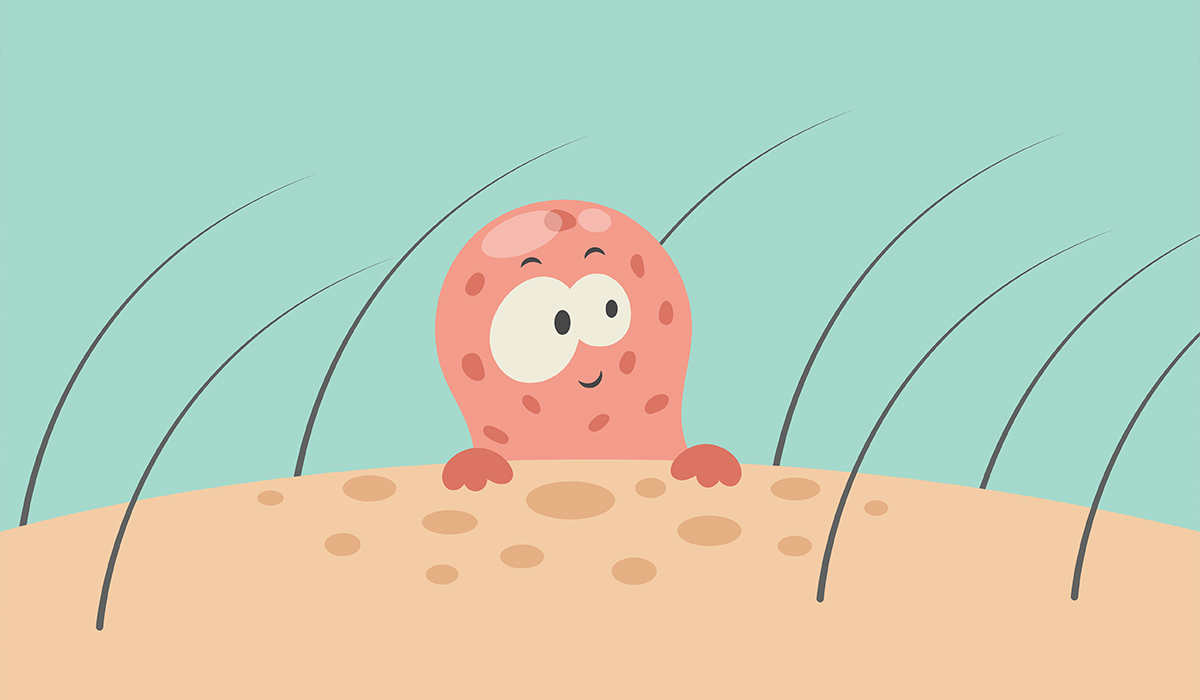
Warts are skin lesions resulting from infection with the human papillomavirus (HPV). What are the symptoms? What is the diagnosis… read more »
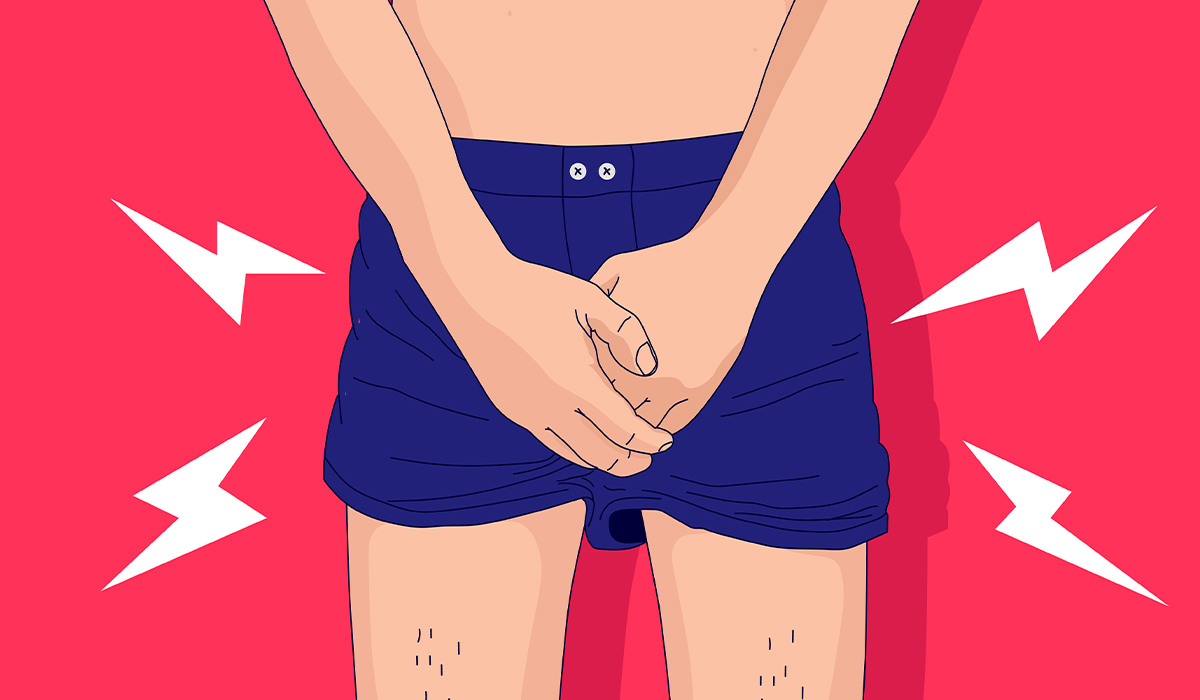
Genital herpes is a disease caused by the HSV herpes virus. What symptoms does it give? Check what treatment and… read more »
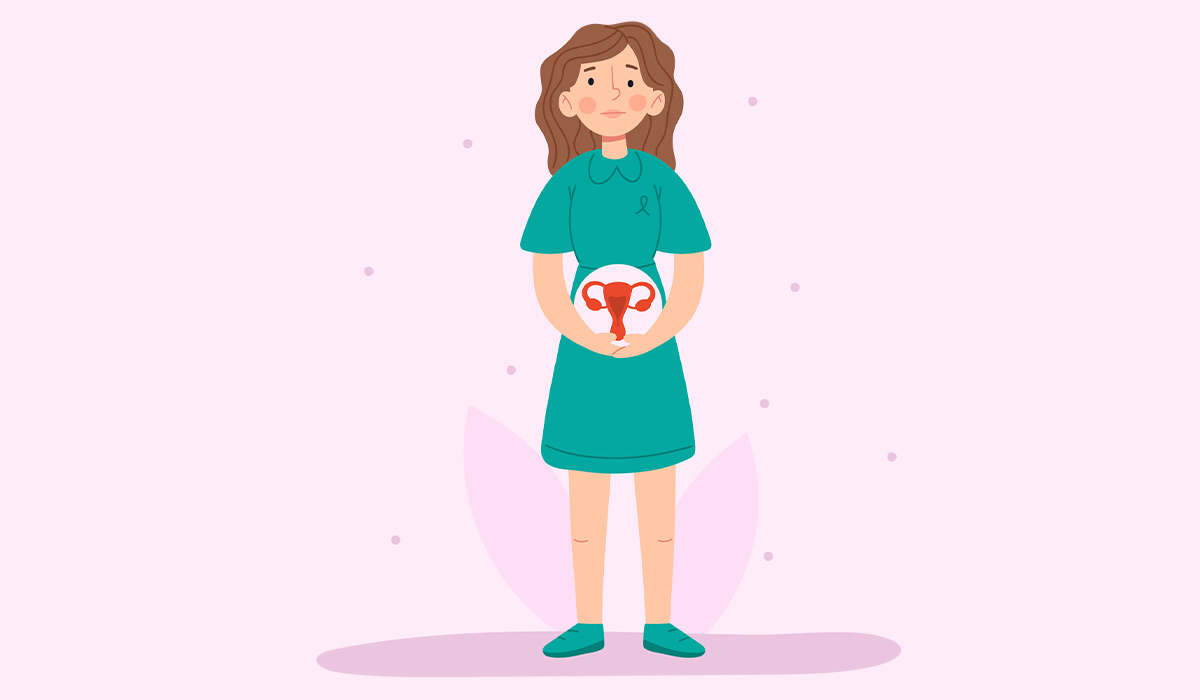
Cervical cancer is a type of cancer that occurs in the cells of the cervix, which is the lower part… read more »
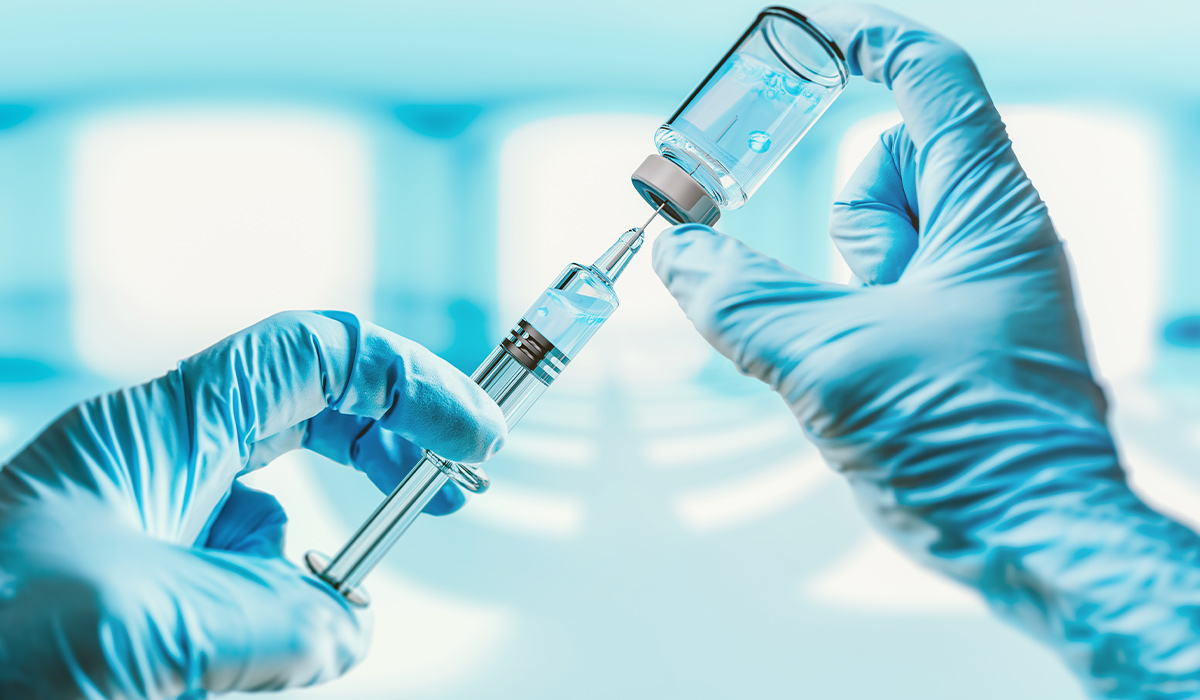
The vaccine imitates a natural infection and leads to the development of immunity similar to that obtained during the first… read more »
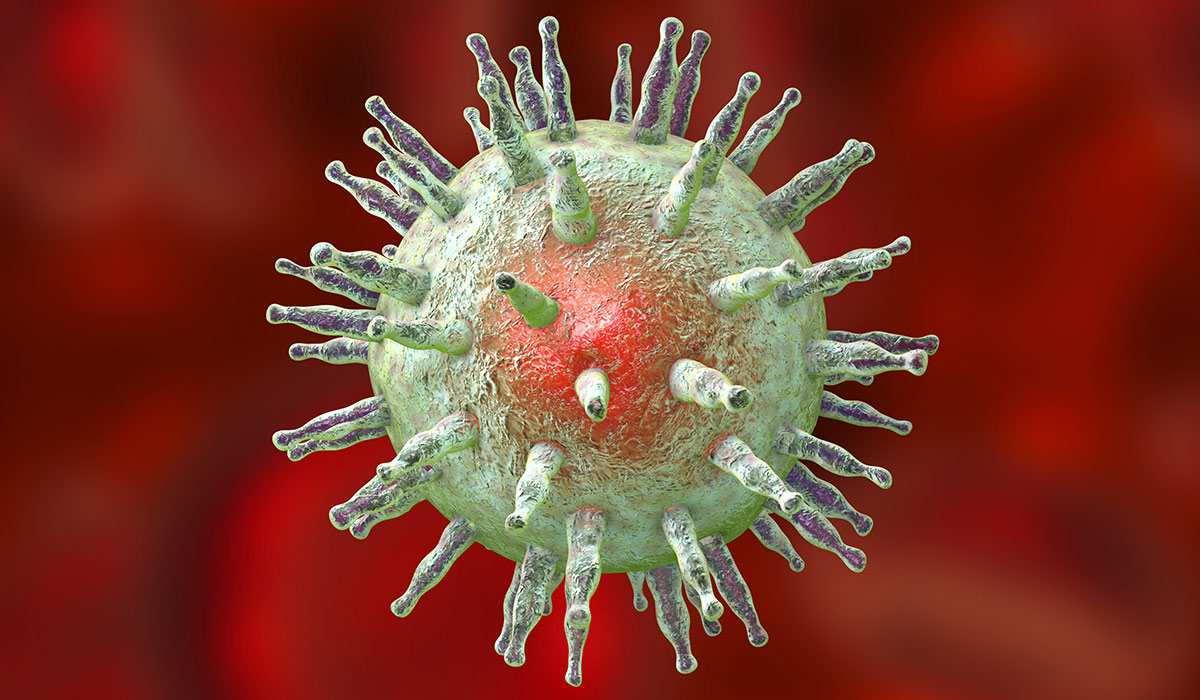
Epstein Barr Virus is a pathogen that causes infectious mononucleosis and many other diseases. Learn about the risks associated with… read more »

Herpes is a viral infectious disease that most often affects the lip area. Herpes virus infections are common. What does… read more »
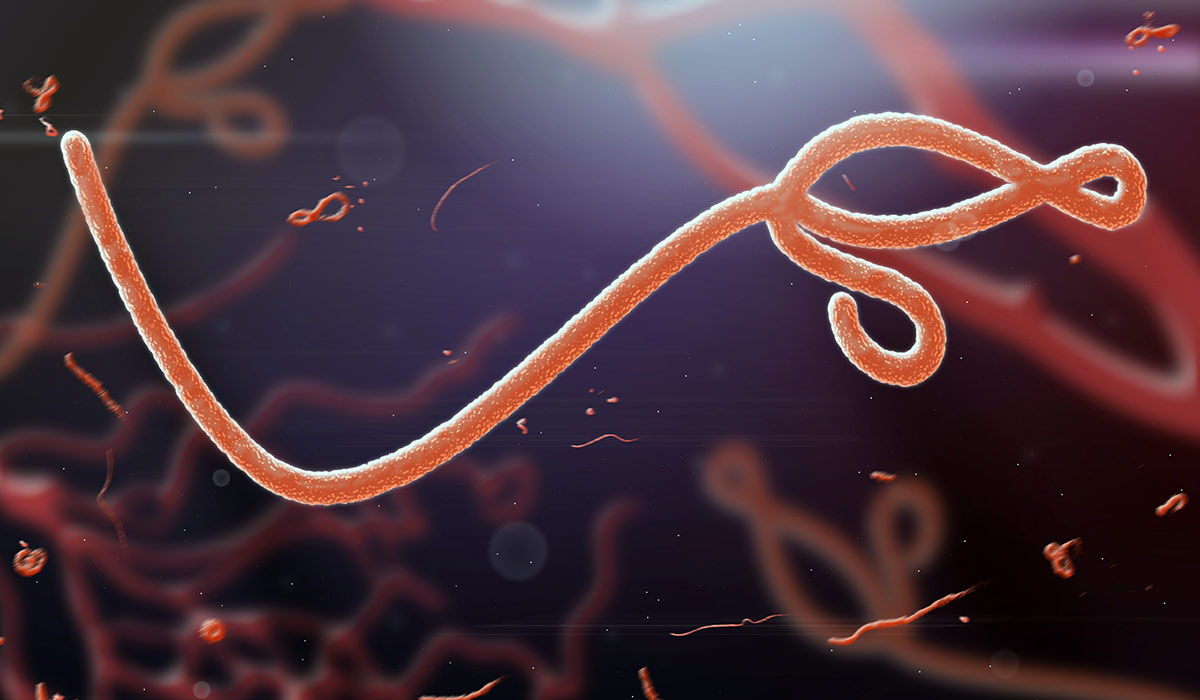
The Ebola virus continues to pose a threat to those living in Africa. Learn about the risks associated with Ebola… read more »
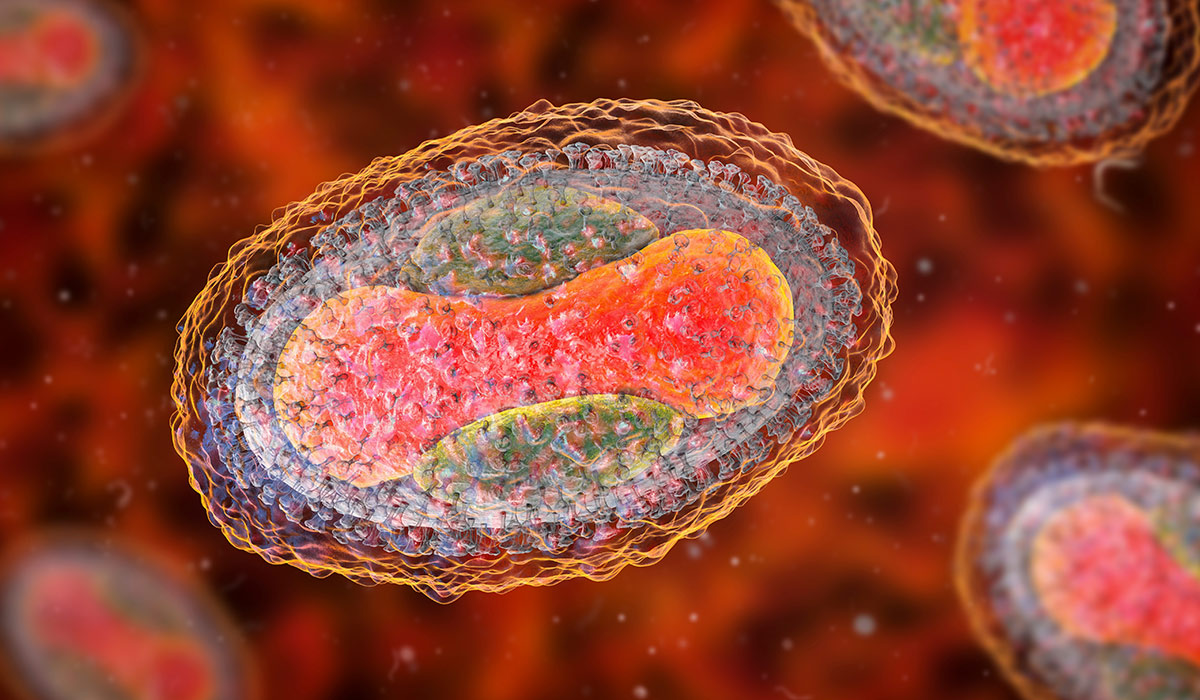
Molluscum contagiosum is a common skin infection especially in children. Find out how to recognise molluscum contagiosum skin lesions. Learn… read more »